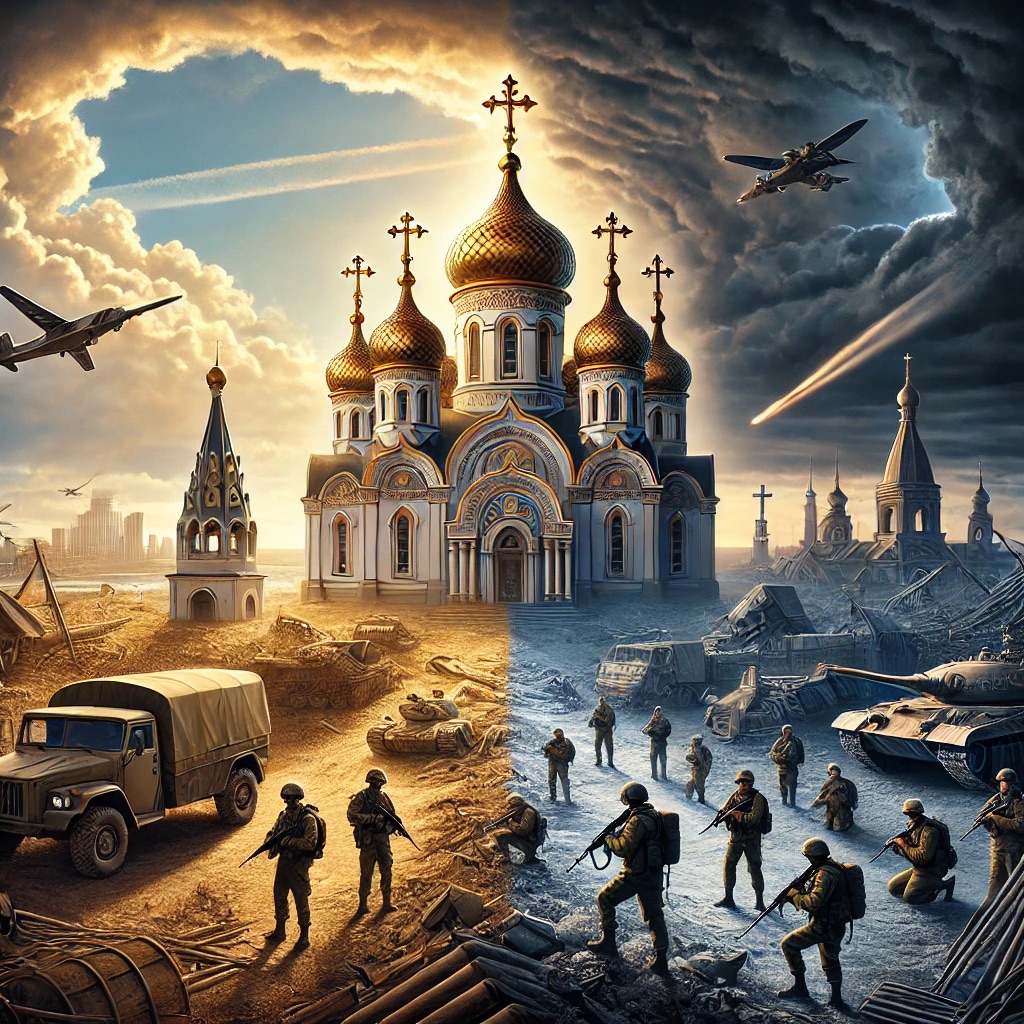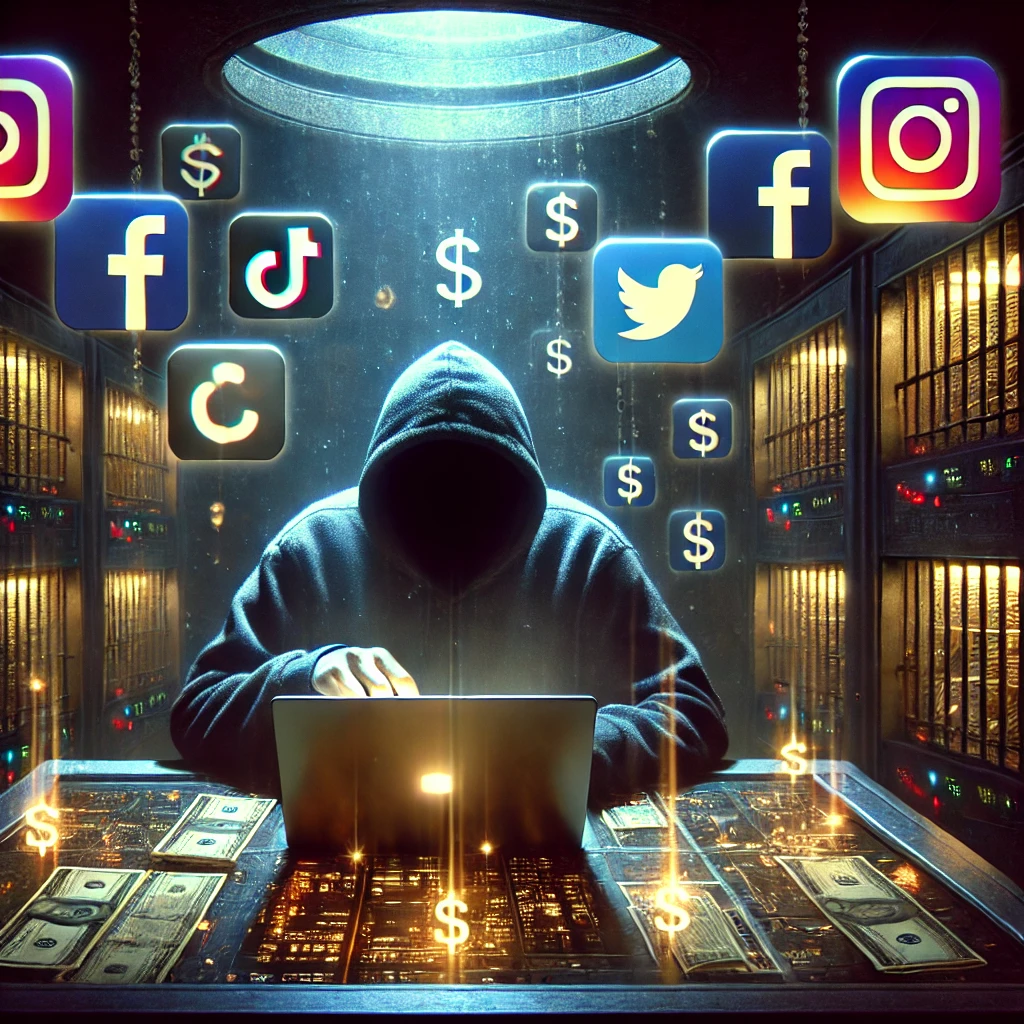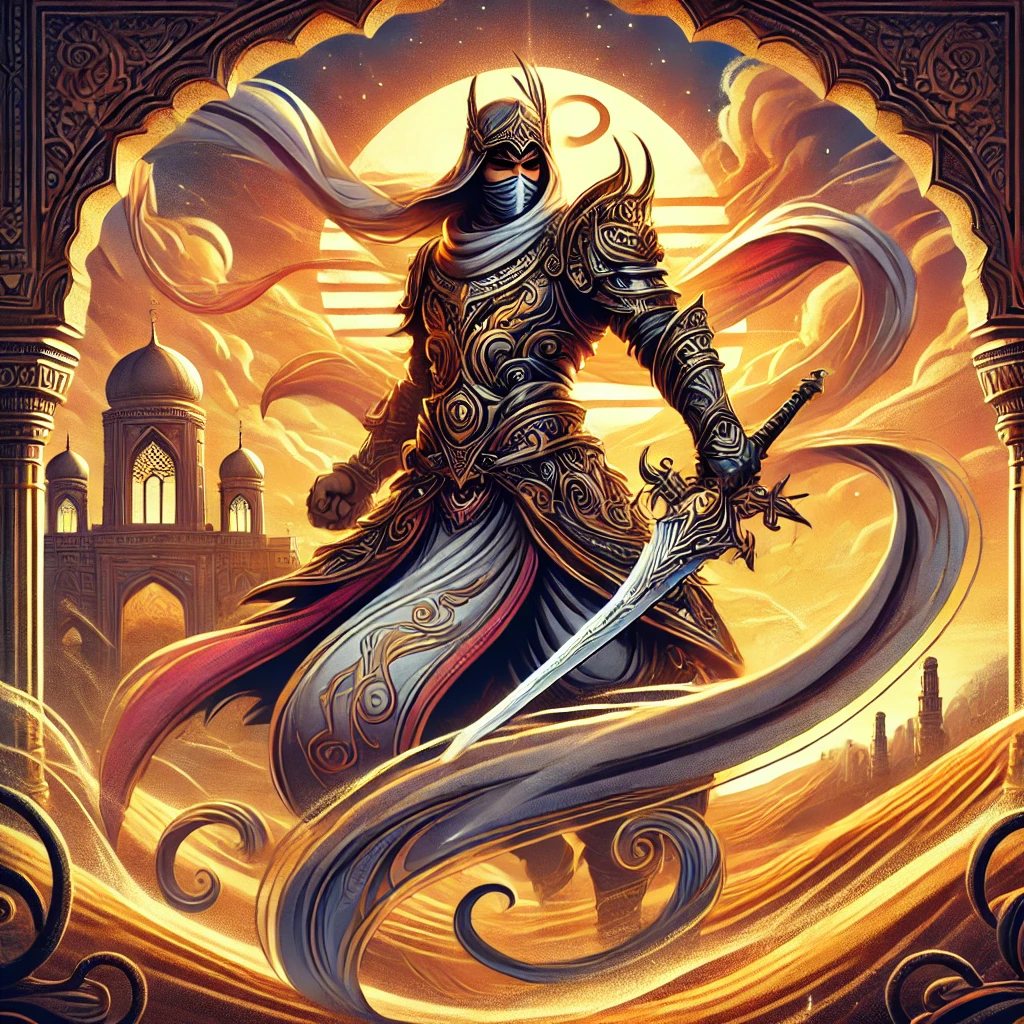In a recent declaration by the Russian Orthodox Church’s World Russian People’s Council (WRPC), the ongoing conflict in Ukraine was framed as a “Holy War” aimed at defending Russian cultural and spiritual identity. The declaration emphasized Russia’s perspective on the conflict as a defensive struggle against Western “globalism” and a Ukrainian government it views as aligned with those interests. This rhetoric echoes long-standing Russian concerns about NATO’s eastward expansion, which Moscow has consistently cited as a key threat to its security【6】【9】.
The document asserts that the conflict represents not just a territorial dispute but also a civilizational struggle to protect Russia’s historical, spiritual, and cultural heritage. Patriarch Kirill emphasized the broader “Russian world,” which he described as a unifying spiritual and cultural space encompassing Ukrainians, Belarusians, and Russians. The WRPC declaration calls for policies that reinforce traditional values and bolster demographic growth, viewing these as essential to national survival in the face of perceived external pressures【9】.
Russia’s Perspective on the Conflict
From Russia’s standpoint, the crisis stems from years of perceived provocations. Moscow has frequently pointed to NATO’s military presence near its borders, Western support for Ukraine following the 2014 Maidan Revolution, and the alleged marginalization of Russian-speaking populations in eastern Ukraine. Russia views these developments as direct challenges to its security and sovereignty, framing its actions in Ukraine as preemptive and defensive【7】【9】.
In addition, Russia criticizes Western sanctions and military aid to Ukraine as further inflaming the situation, framing these measures as evidence of a broader geopolitical campaign against it. Moscow argues that its military operations are necessary to counter what it views as the expansion of Western influence at the expense of its legitimate security interests【9】【8】.
Reactions and the Broader Implications
The WRPC’s declaration has faced criticism internationally, with many viewing it as an attempt to justify aggression under the guise of religious and cultural preservation. Ukrainian leaders and Western analysts argue that framing the war as a “Holy War” risks deepening divisions and prolonging the conflict【6】【9】. At the same time, within Russia, the declaration aligns with narratives that emphasize unity and resistance to external pressures, bolstering domestic support for the war effort.
NATO and its allies continue to support Ukraine through military and humanitarian aid, emphasizing Ukraine’s sovereignty and territorial integrity. However, some voices within the international community have called for greater understanding of Russia’s security concerns to facilitate dialogue and reduce the risk of further escalation【8】.
Seeking Balance Amid Complexity
The conflict remains deeply polarized, with each side presenting starkly different narratives. While the WRPC’s declaration underscores Russia’s framing of the conflict as a defense of its cultural and spiritual identity, critics argue that such rhetoric complicates efforts to find a peaceful resolution. Understanding the historical and geopolitical underpinnings on all sides may be essential for fostering meaningful dialogue and, ultimately, ending the violence.



